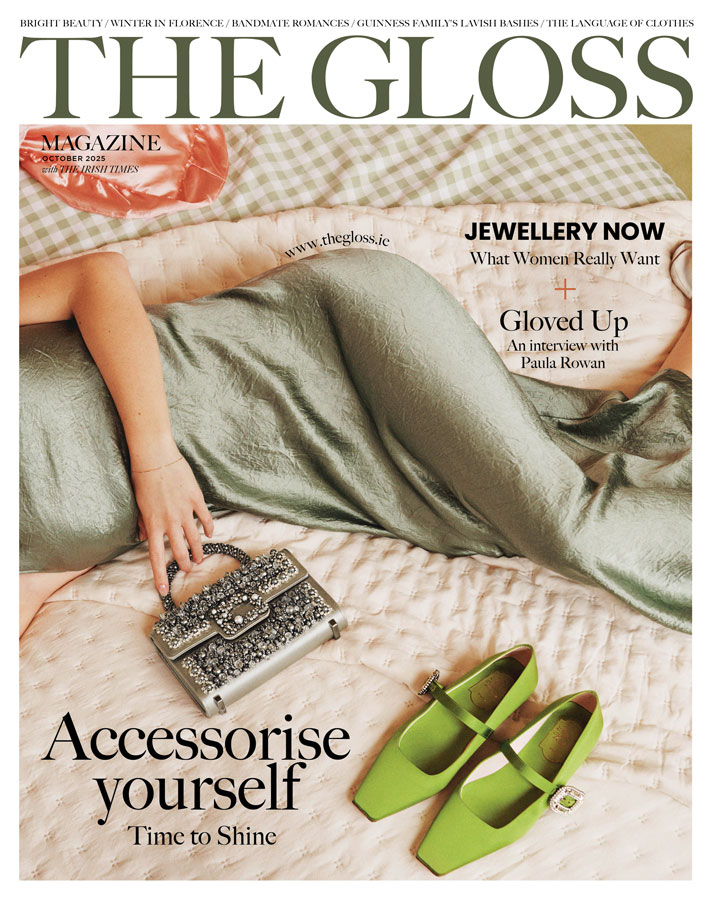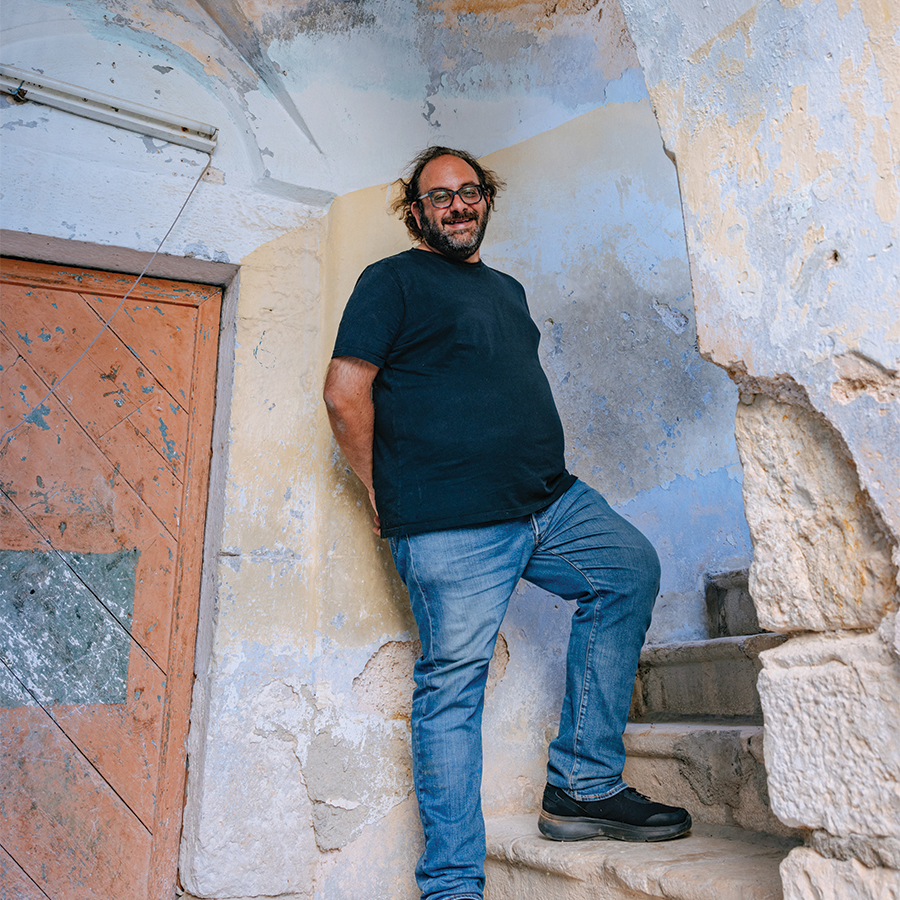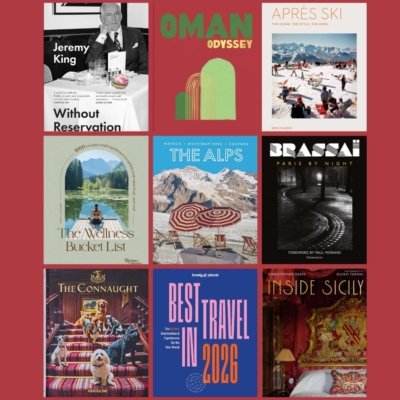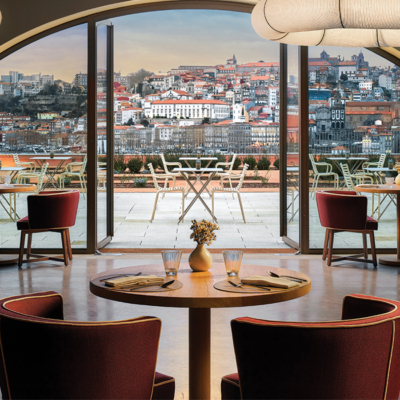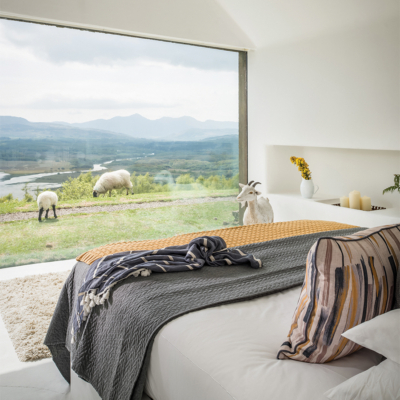On family, food and unrest …
Fadi Kattan is a Franco-Palestine chef, restaurateur and author. His family is one of the “oldest families in Bethlehem”, where he was born, raised and still lives. He learned to cook from his mother and grandmother, and currently has three restaurants, Fawda in Bethlehem, Akub in London and Louf, which opened in Toronto this year. He also co-owns Kassa Boutique Hotel in his native city.
How would you describe your family and childhood in Bethlehem? Before the First World War, my great-grandfather on my father’s side told his five boys and three girls that maybe they should leave Bethlehem. My grandfather and his brother went to Japan and then in 1943, when the Americans were bombing, he and my grandmother ended up in Bombay. My father was born there and they later moved back to Bethlehem. So they were Palestinian, but with a strong English culture. On my mother’s side, my grandfather spent most of his younger years in Paris and stayed very Francophone. So I grew up in a house in Bethlehem with English, French and Arabic.
How do you see your parents’ influence in your later life? They remain a daily influence. My mother is the person I call to ask about any recipe and my dad is a very organised businessman, very meticulous and very precise, and I don’t think I could do what I do without them. We don’t necessarily agree on everything, but I can ask them for advice and get honest feedback, with no diplomacy required.
Did your school make a big impact on you? I went to a French school in Jerusalem. Imagine you’re being taught about Foucault and Nietzsche and then, open the doors, and you’re confronted with the call for prayer, the church bells and the call for Shabbat, all at the same time. That influenced me a lot. Later, I made the process to be naturalised French and got my French passport.
“I very quickly embraced secularism and a lot of the values, like challenging dogma, that still mean a lot to me.”
What is your greatest strength at work? Perseverance and kindness, because you can’t persevere without being kind. Nobody does things by themselves. You need a team and you get the best out of people by being inclusive.
Do you love what you do? Totally, but there are also moments that I hate it. But all it takes for me to love it again is serving one dish to a happy guest, or helping someone discover a Palestinian wine, or getting a message from someone saying, “I just got your book and now I want to come to Bethlehem”.
Do you feel a great responsibility to represent Palestine, beyond just food? It’s been very confusing the last two years. How can we go from talking about starvation to posting a food picture? Despite struggling with it, I actually feel that I don’t have the luxury of remaining silent and if I remain silent about our food traditions and our wine history, then I am allowing appropriation and erasure of culture to happen. If I talk about it, people say, “How dare you talk about food while people are starving?” And I’m like, “Well, we have to realise that there is a culture that needs to be preserved.”
Is Bethlehem a difficult place to live right now? It’s very, very challenging. Every day you hear about a Palestinian family who have packed their bags and emigrated and that’s horrible. I’m staying. I live in my great-grandparents’ house which was built in 1880. These walls have seen quite a few wars. I’m stubborn and I will stay.
What have been the important female relationships in your life? My mother’s mother, Julia (Dabdoub) was very important in my life. I have by my side at my desk a little book she wrote in Arabic that translates as “Lest We Forget”. It’s mostly stories of my family, but stories of Bethlehem too. She set up the Arab Women’s Union and then the Bethlehem Museum and she collected a lot of archives. She taught me a lot about love of this land and the importance of being part of it.
“I am never doing nothing. When people ask about holidays or weekend, I’m like, “What are you talking about?” I don’t know what doing nothing is. I wish sometimes I did.”
You have spent a lot of time in Ireland and have a strong connection with Ballymaloe and JP McMahon. How did this come about? My first visit to Ireland [in 1994] included, in the same 24 hours, the opening night of U2’s nightclub The Kitchen and visiting a family friend who was a priest in Tallaght. It was a very confusing visit. Then I came back to Ireland as a chef, to JP McMahon’s Food on the Edge festival, when I felt that strong Irish attachment to Palestine and a very pro-Palestinian positioning that wasn’t just superficial, but people really knew what they were talking about.
Your friendships are for the most part … Rare and very long-term.
Your favourite shoes? Doc Marten’s when I was younger and comfortable sneakers now. No particular kind. I don’t do brand promotion.
Do you use skincare? When I was in Ireland recently I found a beard oil made of sea algae. It is fantastic.
You most recently read … I just finished JP McMahon’s The Irish Cookbook and I’m reading Borough Market: Edible Histories. On planes, I like silly, distracting books. So on the last flight, I read Reverend Richard Cole’s Murder at the Monastery.
You most recently listened to … George Qormuz and Palestinian songs of the resistance from the 1980s and 1990s. And a Palestinian-Chilean band called Diaspora Trio – I am lucky because they send me their tracks before they publish them.
You deal with a setback … Badly. I can get angry quite quickly, but then I take a deep breath and reach out for help.
What do you cook for yourself? A labneh sandwich on thin shrak bread, with some olive oil and zaatar.
What do you like to have cooked for you? My mother’s lentil soup.

Bethlehem: A Celebration of Palestinian Food by Fadi Kattan is out now.




